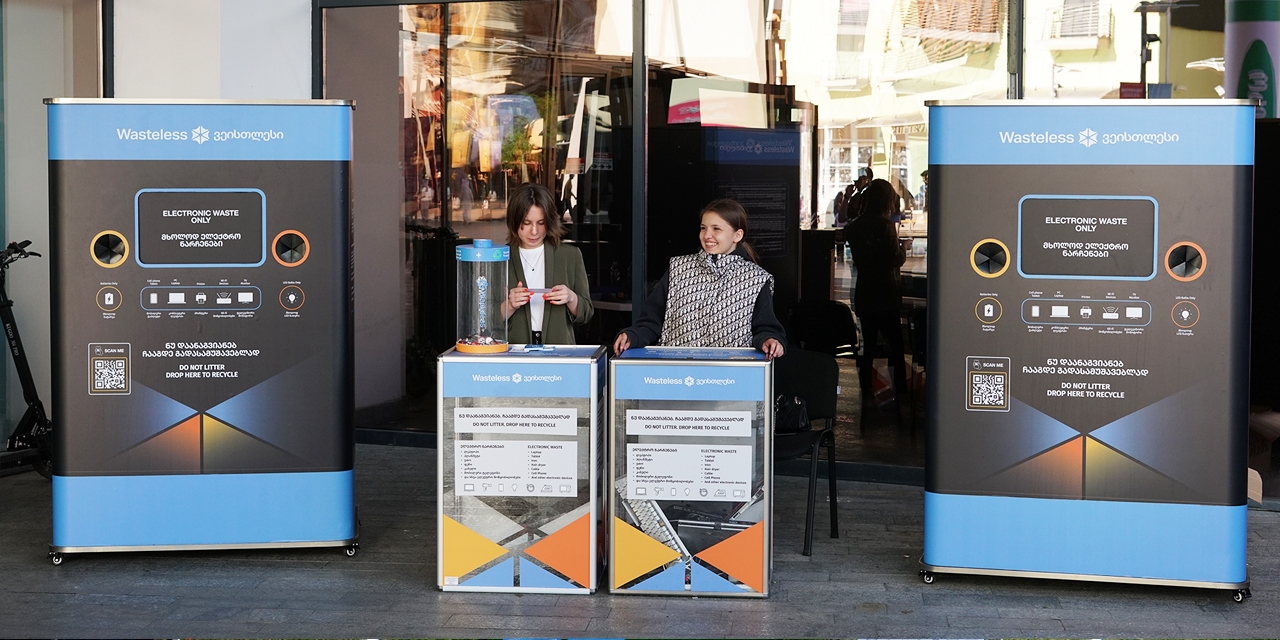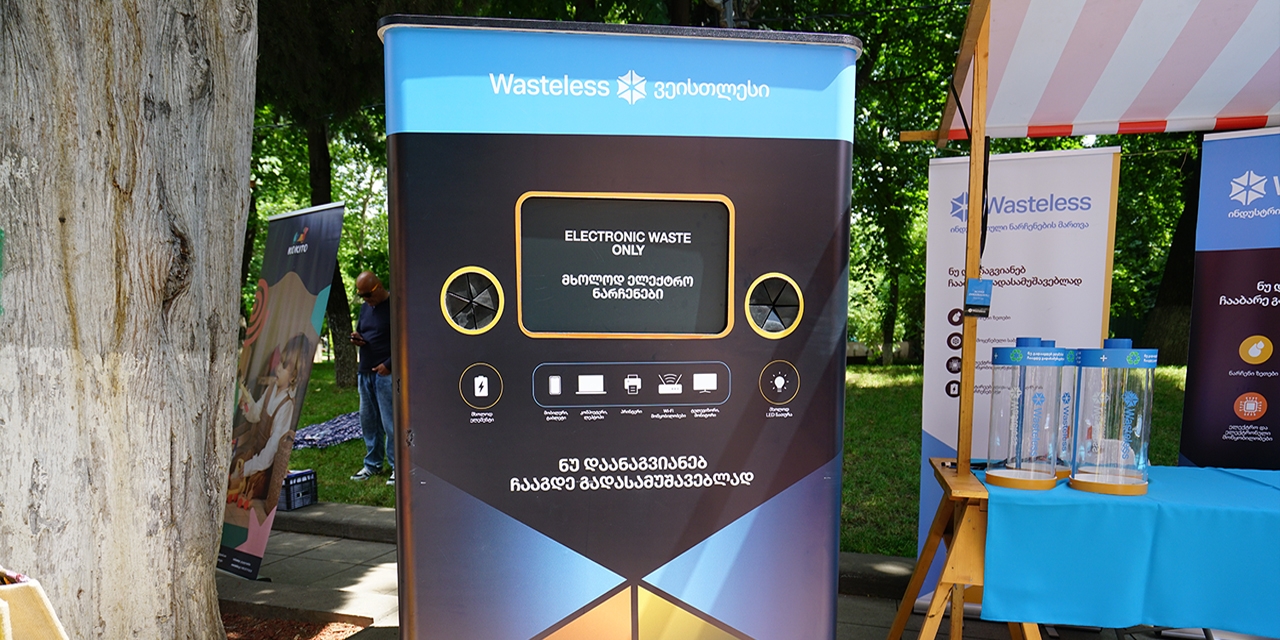
How to Make Your Company Responsible – 7 Tips from Wasteless
In today’s business environment, ecological responsibility is becoming increasingly important. Companies are actively working to integrate sustainable practices into their operations, contributing to environmental protection. Creating a sustainable business is not just a trend but a necessary step that determines a company’s impact on the global ecosystem. In a world where consumers demand adherence to environmental principles, eco-friendly approaches play a crucial role in a company’s success.
Ecological responsibility extends beyond environmental outcomes. About 79% of consumers admit they prefer companies with high social responsibility when choosing services. Such practices enhance a company’s image and build trust with customers.
1. Recycling Industrial Waste
Industrial waste is one of the major sources of environmental pollution. Faulty electrical equipment, old tires, and used oils are often improperly disposed of in landfills, causing severe consequences for ecosystems. These wastes contain toxic substances that can harm plants, animals, and humans when they seep into soil and water.
Beyond environmental damage, mismanagement of industrial waste leads to economic losses. Much of this waste can be recycled and reused to create new products, but improper disposal wastes this potential. At Wasteless, industrial waste is recycled according to standards and through environmentally safe methods. This practice turns waste into resources and conserves the planet’s natural resources.
2. Energy Efficiency
Advancements in modern technology have provided numerous opportunities for saving energy and using renewable sources, enabling significant reductions in energy consumption. Today, solar panels, wind turbines, and innovative energy-saving technologies are more accessible and widely used.
Reducing energy use and adopting renewable sources also helps decrease your company’s ecological footprint, making your business even “greener.” Additionally, energy-saving mechanisms significantly cut costs in the long run, offering financial benefits to companies.
3. Partnering with Eco-Friendly Brands
Choosing environmentally responsible suppliers makes your company more eco-friendly. In recent years, consumers have increasingly prioritized brands that embrace sustainability and environmental values. It’s crucial to partner with suppliers who use natural and recyclable materials and adhere to environmental standards.
4. Waste Sorting
Introducing a waste-sorting culture in your office is one of the most effective steps toward ecological responsibility. This practice promotes recycling and reduces negative impacts on the environment.
Place separate containers for different types of waste, such as paper, plastic, electronics, and batteries. Ensure these containers are clearly labeled and separated to facilitate proper sorting.
Employee involvement is key to successful waste management. Educating and encouraging staff to participate will contribute to establishing a sustainable system for managing waste in the long term.
5. Eco-Friendly Initiatives
Launch initiatives that give new life to old waste. For instance, repairing and refurbishing old furniture can eliminate the need for new purchases while saving company resources and reducing waste. Repurposing old items also fosters a creative environment where employees can actively contribute to sustainable practices.
6. Environmental Education
Raising employees’ awareness about environmental issues is essential for promoting ecological responsibility. When employees understand environmental challenges and the impact of their daily actions, they are more motivated to participate in sustainable initiatives.
Organize regular training or workshops on topics such as waste management, energy efficiency, and preventing ecological risks. Increasing awareness about environmental activities helps establish a culture of sustainability within the company.
7. Green Office Policies
To make your office more eco-friendly, adopting sustainable practices is crucial. Today, nearly all documents can be stored digitally, reducing paper consumption. Create electronic archives and use digital signatures to minimize paper usage.
To prevent plastic waste, encourage employees to use reusable dishware and avoid generating new waste.
Wasteless’s 7 tips not only make your company eco-friendly but also help you take significant steps toward sustainable development. These initiatives enable you to reduce your environmental impact while inspiring employees and customers to adopt behaviors that benefit the planet.
In a world where environmental challenges are becoming more widespread, it is vital for companies to engage in long-term changes. Business activities often negatively impact the environment, making it necessary to balance operations with sustainable practices. Doing so not only protects the environment but also positively affects brand image and financial performance. Every company must recognize that environmental responsibility is a key component of long-term success. Only through collective effort can we create a cleaner and more sustainable future.






.png)


















